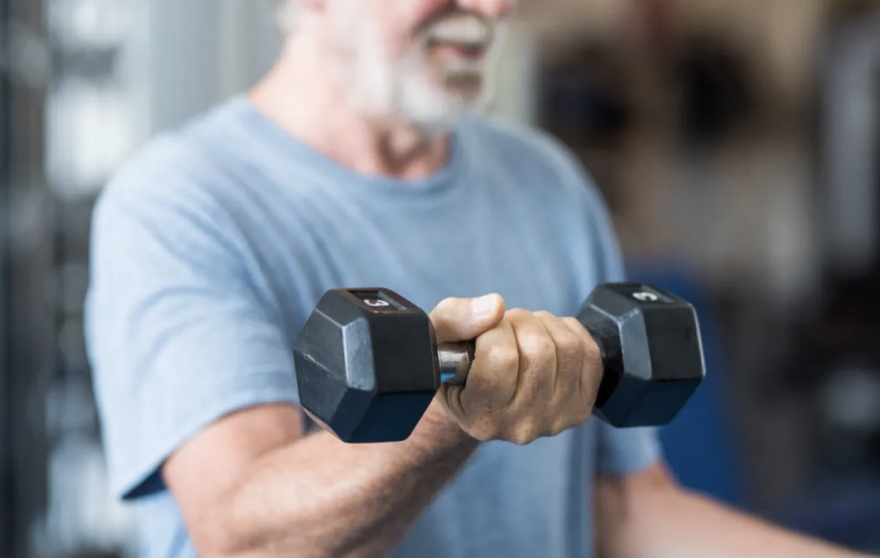At 93 years old, Richard Morgan has defied conventional expectations of aging by becoming a record-setting master athlete. The story of his late-in-life fitness journey is not just a testament to personal resilience but has also become the focus of a case study in the Journal of Applied Physiology, offering insights into how individuals can extend their health spans.
Morgan’s fitness routine, which started at the age of 73, involves 40 minutes of cardiovascular exercise each day. Despite having minimal exercise experience during his earlier years as a baker and battery maker, Morgan’s commitment to rowing on an indoor machine has transformed his cardiovascular health. The case study highlights his remarkably fast oxygen uptake kinetics, comparable to that of a healthy young adult.
An essential aspect of Morgan’s routine is interval training, a technique that manipulates workout intensity. About 70% of his exercise occurs at an easy pace, 20% at a moderate level, and the final 10% pushes his physical capacity to the limit. This approach is recognized as a significant contributor to his overall well-being.
In addition to cardiovascular exercise, Morgan incorporates weight training into his routine two to three times per week, following the Centers for Disease Control and Prevention’s recommended guidelines. Using adjustable dumbbells, he engages in lunges and curls, contributing to muscle retention—a key factor in sustaining his ability to exercise consistently.
Morgan’s diet, as documented in the case study, emphasizes a high-protein intake, ranging from 12% to 58% beyond minimum recommended levels. This dietary choice likely plays a role in his impressive muscle retention, reinforcing his stamina for exercise. Another study in the Journal of Applied Physiology supports the idea that a high-protein diet contributes to muscle mass retention in older adults.
In conclusion, Morgan’s inspiring journey underscores the potential for managing the effects of aging through proactive habits. His commitment to regular exercise, interval training, weightlifting, and a high-protein diet provides valuable insights for those looking to enhance their health and vitality in their senior years. As Morgan exemplifies, aging does not have to mean an inevitable decline; instead, it can be an opportunity to defy expectations and foster well-being through positive lifestyle choices.

